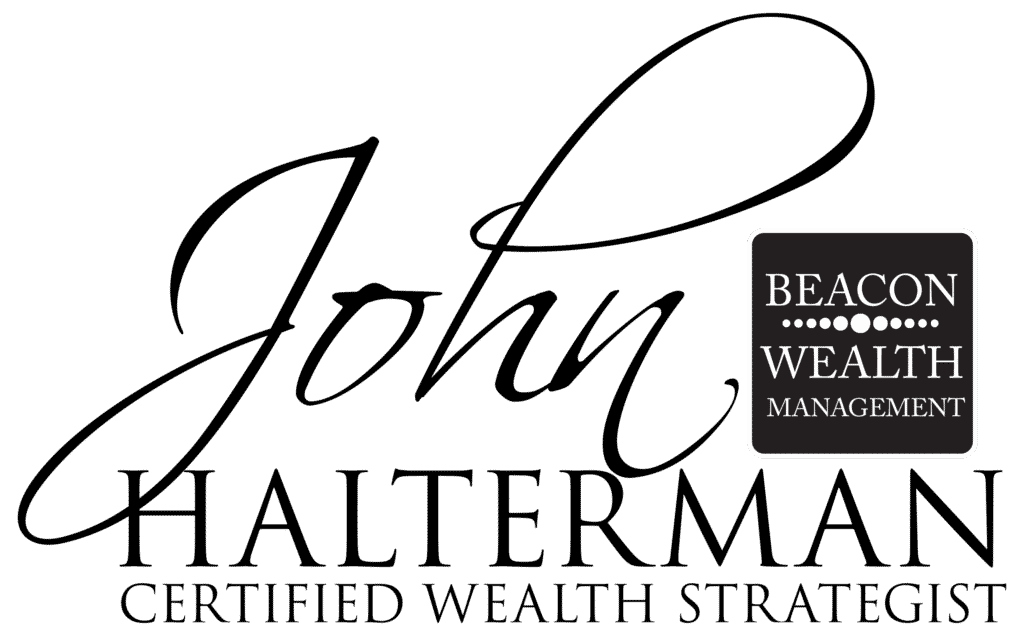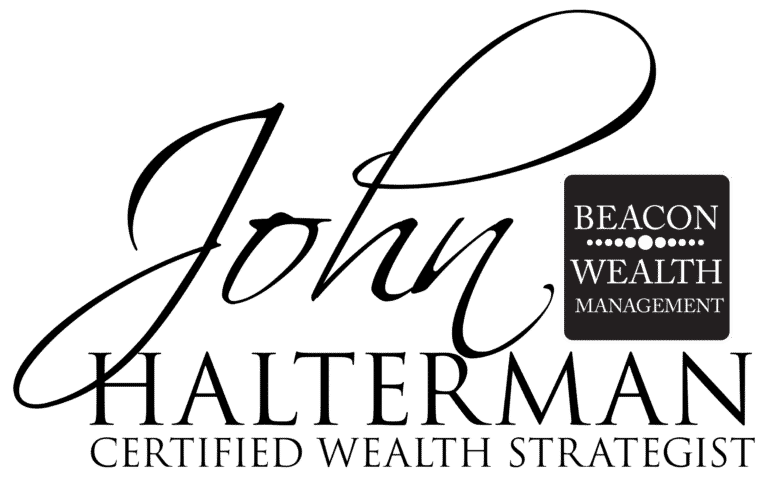By John Halterman We have all watched with bated breath as the Senate and House debated and then finally passed the 883-page Coronavirus Aid, Relief and Economic Security Act (CARES) Act. This legislation is in addition to tax relief legislation contained in the Families First Coronavirus Response Act also recently passed. My focus today is on relief for individuals, and will discuss small business owners in the near future. 1. Options on seeking relief from debt obligations Individuals may be experiencing a cash crunch at this time. Many credit card companies are offering forgiveness, mortgage companies are foregoing interest, student loan forgiveness is available (1-800-4-FED-AID), and individuals can also take a loan against their investment accounts. The FHA has imposed a 60-day foreclosure and eviction moratorium for single family homeowners with FHA insured mortgages. In a similar move, Fannie Mae and Freddie Mac are suspending foreclosures and evictions for at least 60 days as of March 18. Again, check with your lender. The CARES Act suspends required federal student loan payments through September 30, 2020 and therefore no interest will accrue on the debt. The act also excludes up to $5,250 from income from any employer payment made to an employee before January 1, 2021 for purposes of student debt payments. Action items: Do your research and exhaust all options in connection with mortgages, student loans, other lenders and credit card companies. 2. Penalty-free withdrawals from qualified retirement plans and IRAs The CARES Act provides tax relief for retirement plan and IRA “coronavirus-related distributions” up to $100,000 taken by individuals on or after January 1, 2020 and before December 31, 2020. The CARES Act permits in-service distributions, provides an exception to the 10% early distribution penalty, exempts the distribution from the mandatory 20% withholding applicable to eligible rollover distributions, allows the individual to include income attributable to the distribution over a three-year period and allows for the re-contribution of the distribution to a plan or IRA within three years (and taxes already paid can get refunded). Distributions will be included in gross income over three years (although you can proactively elect to include all income in 2020, which may make sense for some people), but taxes will be spread over a three-year period. Distributions also may be re-contributed within three years of withdrawal and then your client can file an amended return to obtain the refund of any taxes paid. In effect, the law allows you to borrow up to $100,000 from your IRA (or any combination of IRAs) and repay the amount anytime up to three years later with no federal income tax consequences. And there are no limitations on what you can use the funds for. You can use the money to pay bills, help your adult children, pay down your loans or whatever you like and then repay the money within the next three years. In any event, it is essentially an interest free loan for three years. Action items: If you are in need of cash, this is an option that will allow penalty-free withdrawals on qualified money. It also provide the extended option to repay the monies back. 3. Qualified plan loan provisions are also liberalized The CARES Act also liberalizes qualified plan loan provisions. Through December 31, 2020, consider taking a loan from a qualified plan up to the lesser of $100,000 or 100% of the vested account balance (they doubled the allowable amount). The due date for any repayment of the loan is delayed for an additional year (normally five years). Action items: Consider whether a $100,000 loan from a qualified plan makes sense given the relaxed terms. 4. RMD holiday and offer strategies that benefit them If you are subject to RMDs that are not part of a defined benefit plan, you can skip them for 2020. This rule applies to first time RMDs due April 1 (held over from 2019) and to 2020 RMDs that aren’t due until December 31. The RMD reprieve also applies to inherited 401(k)s and inherited IRAs. Many people need their RMDs to live off of, but it is estimated that about 20% of people do not need their RMDs for current income. If you are an individual that does not need the money to live, then why take out of your accounts at a time period where the markets have not rebounded yet? What if you already took you distribution in 2020? Those RMDs can still be put back into an IRA in what is called an indirect rollover, provided you do so within 60 days and haven’t made any other indirect rollovers in the past year (and don’t intend to do so with any of their IRAs in the next year). If the 60-day rollover period has expired, then under the CARES Act, a penalty-free rollover can still be completed anytime for the next three years from the date the distribution was received (if you can satisfy the very liberal standard for a Coronavirus Related Distribution). And although there is an RMD holiday for beneficiary IRAs, be careful as these strategies to replace already taken RMDs discussed in the previous paragraph don’t seem to apply to RMDs already taken from beneficiary IRAs. Subtle distinction here. Action items: Think about RMDs in a strategic way. Perhaps stop the systematic distribution if you do not need those payments. Also consider whether the RMD reprieve allows additional tax planning opportunities, whether through performing Roth conversions or doing distribution planning in some other way? A final note regarding eligibility To be eligible for the withdrawal and loan relief provided in the CARES Act, an individual must fall within one of the following categories: the individual, his or her spouse, or dependent is diagnosed with COVID-19, or the individual experiences adverse financial consequences as a result of COVID-19, as certified by the employee to the plan administrator. It seems that these provisions will be liberally interpreted. The CARES Act is providing plenty of financial relief. The availability of funds from retirement plans presents a huge opportunity for those who are in need of cash. We are all in this together, and we will get through this. We are here to help in any way possible. Please do not hesitate to contact us at 304-626-3900 if you have questions or need our help. Hope everyone in your family is healthy and doing well. About John John Halterman, best-selling author and nationally published blogger, has been featured as a financial guest expert on the shows of self-help gurus Brian Tracy and Jack Canfield, author of Chicken Soup for the Soul, and has appeared on ABC, FOX, BRAVO, NBC, CBS, and A&E. John is the expert host of the weekly WDTV News 5 segment “Solutions 4 Financial Independence.” As an authority on wealth management, he has been invited by hundreds of institutions such as universities, federal agencies, professional associations, and large energy and utility corporations to be a guest speaker and educational event host. Event topics include retiring ready, managing down market investment risk, how to reduce your tax burden, and transferring your family wealth in the most tax advantageous way. John is the founder and owner of Beacon Wealth Management, specializing in helping entrepreneurs, professional practitioners, and retirees overcome the 5 major challenges facing successful families. He is a warm communicator with a passion for helping people transform their financial futures. John understands the multifaceted set of financial worries people face as they become more successful and enter the Retirement Red Zone. He empathizes personally with each client and delivers a collaborative client experience that empowers people to reach their life goals. With more than two decades of experience, John’s professional credentials include Certified Wealth Strategist, Accredited Investment Fiduciary, Certified Estate Planner, Chartered Federal Employee Benefits Consultant, Professional Plan Consultant, and Registered Financial Consultant. He is also a past member of Ed Slott’s Master Elite IRA Study Group. A native of Weston, West Virginia, John served in the United States Air Force prior to becoming a wealth advisor. Today, he resides with his family in Clarksburg, West Virginia. He and his wife, Lisa, have been married since 2005 and have three amazing children. A family-oriented man, he enjoys giving back to his community, coaching youth sports, landscaping, architectural design, and playing racquetball. #StateoftheMarkets #FinancialMarkets #BWMProcess #BeaconWealthManagement #JohnHalterman #JohnHaltermanofBeaconWealthManagement #SECUREAct #TaxLegislation #TaxTips

-
John Halterman
Let’s Have a Conversation
Request Your 15 Minute Discovery Call Today!
Just like you don’t trust just anyone with your savings, we can’t help everyone that wants to work with us. In this call, we’ll make sure we are a good fit for one another.
Check out the background of firms and investment professionals on FINRA’s BrokerCheck.
Securities offered through Cambridge Investment Research, Inc., a broker-dealer, member FINRA/SIPC. Advisory services offered through Cambridge Investment Research Advisors, Inc., a Registered Investment Adviser. Beacon Wealth Management operates independently of Cambridge. This communication is strictly intended for individuals residing in the states of WV, PA, OH, MD, NC, SC, TX, FL, NY, DE, KY, CA and WI. No offers may be made or accepted from any resident outside the specific state(s) referenced.
- 2024 Beacon Wealth Management
- All Rights Reserved


